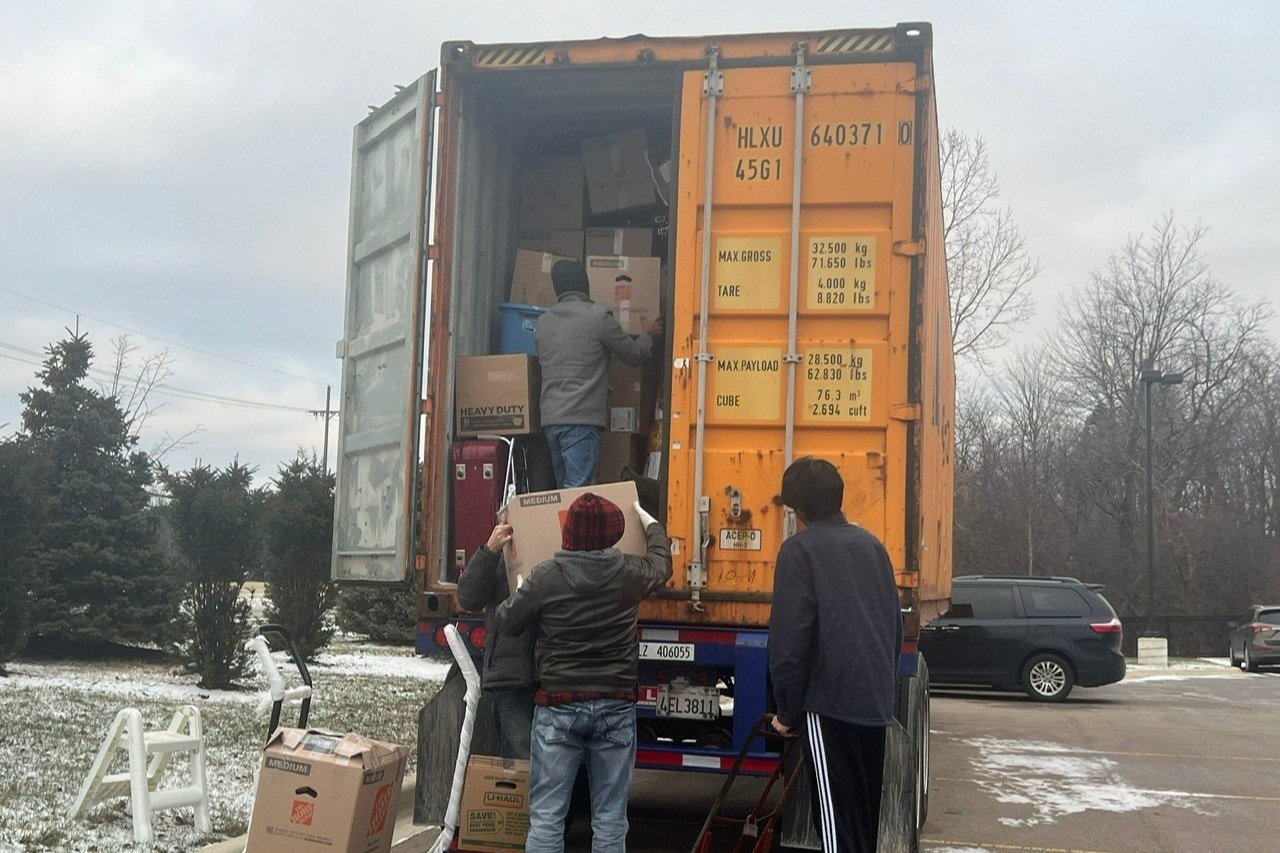
Global Initiatives
DTCare Taking on Global Challenges with Short-term Projects and Multi-national Initiatives
DTCare is committed to making a difference and impacting lives from our permanent regional offices in the United States, Lebanon, Bosnia & Herzegovina, South Africa, Zimbabwe, Panama, and Ukraine. But, the need far surpasses beyond the borders of our main countries of operation. DTCare responds quickly and effectively to humanitarian crises across the globe as best we can.
DTCare provides a comprehensive range of procurement services, including strategic sourcing, supplier relationship management, contract negotiation, spend analysis, and procurement technology selection and implementation.
If you're looking for a trusted partner to take your procurement function to the next level, DTCare can provide the resources, experience, and expertise needed to help you achieve your goals and gain a competitive edge in your industry.
In 2022, monsoon flooding devastated one-third of Pakistan, impacting an estimated 33 million people (Give2Asia, 2022). The unprecedented floods resulted in the deaths of over 1,700 people while leaving more than 12,000 injured. An estimated 15 million live in flood-affected regions in need of emergency aid and nearly 9 million people were forced into extreme poverty and educational setback (UNICEF, 2023).
DTCare joined forces with the Rayyan Center to send and distribute a containerload of thousands of essential supplies to aid the Pakistani civilians at the heart of the humanitarian crisis. DTCare proudly donated six pallets of our hygiene supplies to support the Ryaan Center's incredible effort. Read more about the devastating floods in Pakistan at unicef.org and give2asia.org.
The conflict in Ukraine gave rise to the largest humanitarian crisis since World War II. Poland faced an influx of Ukrainian refugees within days of Russia's first attack. The World Health Organization (WHO) recorded 1,553,707 million refugees in the country. We focused our initial emergency response efforts in Poland to aid with the refugee crisis that unfolded rapidly.
DTCare launched the first stage of our Ukrainian Crisis Response Campaign in partnership with the ZHP—they already had extensive supply warehousing and distribution channels established to transport critically needed supplies throughout Poland and the Ukrainian border.
Assisting with the medical costs of those battling HIV and AIDS.
Medical care in Zimbabwe is so unaffordable that many families often forego treatment due to lack of funds. DTCare is helping a married couple who tested HIV positive in 2006 to receive the medical care they need.
The COVID-19 (Coronavirus) Pandemic has impacted seemingly every industry as well as the lives of everyone across the world. Here is how our parent company, DTGruelle, is responding.
The Casspir Project is an unprecedented and multifaceted undertaking from South African film director, Ralph Ziman.
The restored and refitted Casspir vehicle, its surfaces fully covered in elaborate, brightly-colored panels of glass beadwork, arrayed in traditional patterns was completed by artisans from Zimbabwe and the Mpumalanga province of South Africa, including women of the Ndebele tribe, known for their craftsmanship.
Following the critically acclaimed CASSPIR Project, South African artist and director, Ralph Ziman, is taking on a multifaceted project involving a MiG-21.
DTCare currently is and has been logistically supporting the MiG-21 Project, not only with the procurement of the aircraft itself but all associated logistics, parts, and all forms of fabrication in promotion of South African cultural and historical significance.
Transport of 400 bicycles to assist The Beaver and Northwestern Allegheny Counties Toys for Tots chapter for an annual bicycle drive.
Toys for Tots Program has distributed more than 566 million toys to 258 million children.
Lake Cahora Bassa is an essential natural resource with significant untapped socio-economic development potential. Too many income streams and livelihoods dependent on Cahora Bassa results in the exploitation of the lake and surrounding locale.
Strict regulation is essential to ensure that industries in Mozambique are economically viable while being sustainable. For local communities to thrive, natural resources should be conserved and utilized sustainably. Operation Save Cahora Bassa will help build a sustainable artisanal fishing community that will serve as a blueprint for the sustainable development and longevity of other Mozambican industries.










